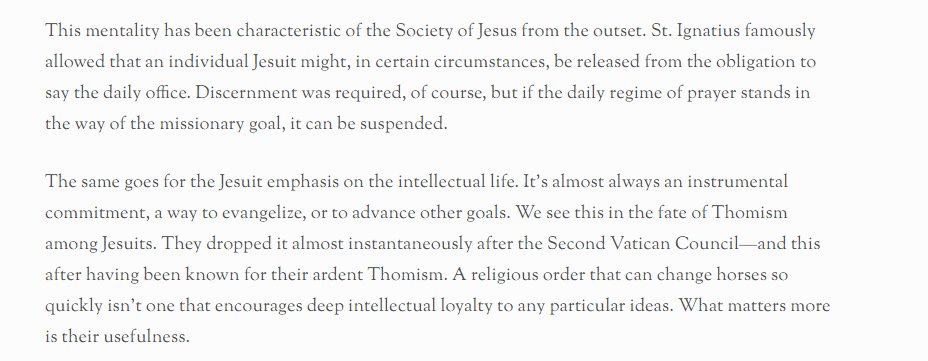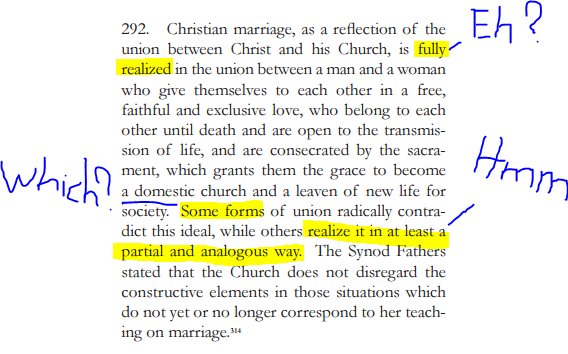I am still not commenting on Amoris Laetitia (AL) — I’m just helpfully directing your eyes, dear readers, to some of those who have. Today, Cardinal Raymond Burke weighs-in on the exhortation for the National Catholic Register. Here is a snippet of what he has to say:
The only key to the correct interpretation of Amoris Laetitia is the constant teaching of the Church and her discipline that safeguards and fosters this teaching. Pope Francis makes clear, from the beginning, that the post-synodal apostolic exhortation is not an act of the magisterium (No. 3). The very form of the document confirms the same. It is written as a reflection of the Holy Father on the work of the last two sessions of the Synod of Bishops.
. . . .
In other words, the Holy Father is proposing what he personally believes is the will of Christ for His Church, but he does not intend to impose his point of view, nor to condemn those who insist on what he calls “a more rigorous pastoral care.” The personal, that is, non-magisterial, nature of the document is also evident in the fact that the references cited are principally the final report of the 2015 session of the Synod of Bishops, and the addresses and homilies of Pope Francis himself. There is no consistent effort to relate the text, in general, or these citations to the magisterium, the Fathers of the Church and other proven authors.
What is more, as noted above, a document which is the fruit of the Synod of Bishops must always be read in the light of the purpose of the Synod itself, namely, to safeguard and foster what the Church has always taught and practiced in accord with her teaching.
In other words, a post-synodal apostolic exhortation, by its very nature, does not propose new doctrine and discipline but applies the perennial doctrine and discipline to the situation of the world at the time.
Beyond the controversy surrounding AL, Cardinal Burke’s words warrant careful attention from all Catholics, many of whom remain confused about the magisterial status of various papal documents and public statements (e.g., interviews given at 30,000 feet). In this unfortunate era of the celebrity pope and neo-ultramontanism, it is all too easy for Catholics and non-Catholics alike to view the pope not as the Vicar of Christ but the Oracle of God. Moreover, simply because a document is “official” and gets released with all sorts of bells and whistles attached does not mean that it automatically binds the faithful in conscience. Given the free-roaming nature of not just Francis’s writings but certain writings of his predecessors, it can be difficult, even painful, for the faithful to discern just exactly what they are supposed to believe and profess. Of course, even though Burke is correct about the non-magisterial nature of AL, that doesn’t mean its contents — or the contents of many statements made by this pope — can’t undermine settled Church teaching. This is exactly what conservative and traditional Catholics have been worrying about for some time now, and it seems that their worries are well-placed.


